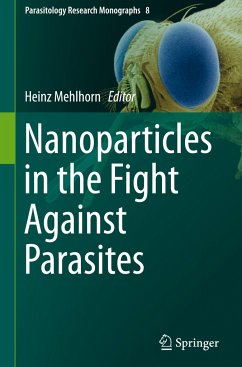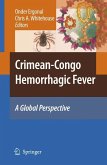This book sheds new light on the use of nanoparticles in the fields of parasitology and public and animal health. Nanotechnology has been used in many fields of research and in practical applications. A special subgroup is represented by the so-called nanobiotechnology, which is a multidisciplinary integration of biotechnology, nanotechnology, chemical processing, material science and engineering. In the fields of parasitology and public and animal health this technology has been used to develop systems, wherein acaricides and insecticides are included. This technique avoids direct contact of the hosts of parasites (animals, humans) with the insecticides/acaricides and thus minimizes effects on their health and also the development of resistances of the vectors (ticks, mosquitos, flies etc.). Since actually many original articles on the use of nanoparticles bearing arthopodocides appear in different journals - as well as in Parasitology Research of Springer - it seems reasonableto check the status quo and to elucidate possible chances of progress. This book will appeal to a wide readership, from researchers through veterinarians to professionals working in the conservation, public health, or sustainable agriculture area.
Bitte wählen Sie Ihr Anliegen aus.
Rechnungen
Retourenschein anfordern
Bestellstatus
Storno








